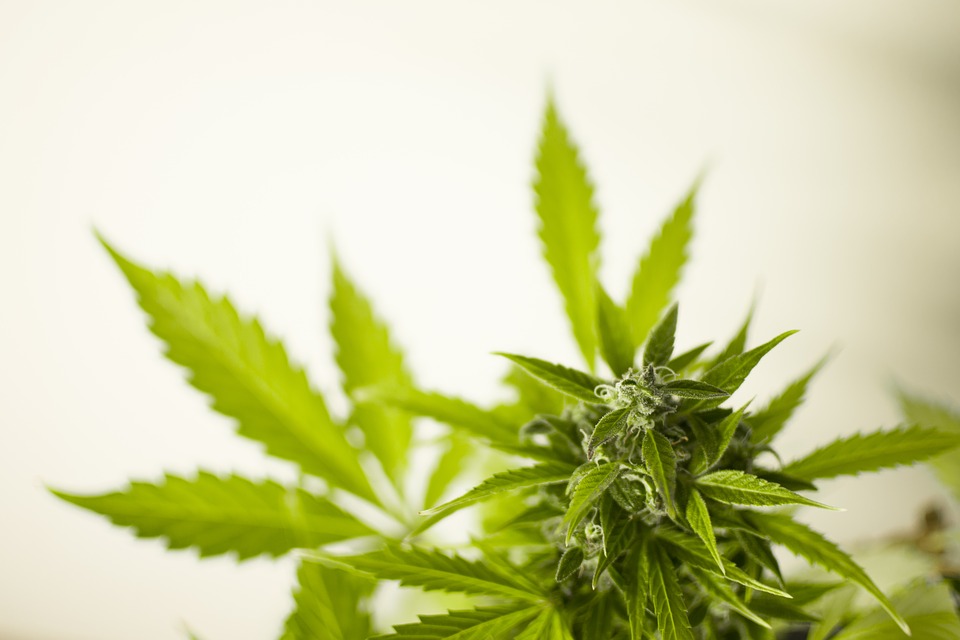NSW will rely on federal TGA assessments alone for medical cannabis, ending a two-step process that has been blamed for frustrating doctors and patients
The RACGP has called for all jurisdictions to follow the lead of NSW and withdraw from the approval process for medical cannabis.
NSW Health Minister Brad Hazzard announced on March 2 that his state would rely on federal TGA assessments alone, ending a two-step process that has been blamed for frustrating doctors and patients with long delays and unexplained refusals for prescriptions.
Patients in NSW would be able to access medicinal cannabis within days of receiving a doctor’s prescription, federal Health Minister Greg Hunt said.
“New South Wales is now the national leader. We have had tremendous discussions with Tasmania and Victoria, and so I am hopeful that will make progress with them very shortly,” Mr Hunt said.
RACGP President Dr Bastian Seidel said there was no reason all states could not commit to a nationally consistent framework for access.
“I would like to see this happen at the Council of Australian Government (COAG) meeting next month,” he said.
Dr Seidel said the role of specialist GPs must be part of the development of a national consistent framework for prescribing medicinal cannabis products.
“It is unclear how, or whether, general practice will be included in this framework,” Dr Seidel said.
He said the current regulatory complexities and differences between states and territories around accessing medicinal cannabis products were significant barriers for GPs.
“GPs are the first port of call for Australian patients, so they have a vital role to play in this important medical issue and rapidly evolving area of medicine,” he said.
“GPs are specialists, and those who wish to prescribe medicinal cannabis products should be treated like any other specialist, and in partnership with patients, have the autonomy to determine when it is appropriate to prescribe to eligible patients.”
While medicinal cannabis was never the first line of treatment for any medical condition, it might be the treatment of last resort for some patients, the rural Tasmanian GP said.
“For too long there has been too much political interference in patient access to medicinal cannabis, which is why we have been calling it ‘political cannabis’.”
The single-approval process is expected to slash the burden of time and paperwork for prescribing doctors.
However, caution among doctors and a lack of education about medical cannabis are unlikely to be overcome quite so quickly.


